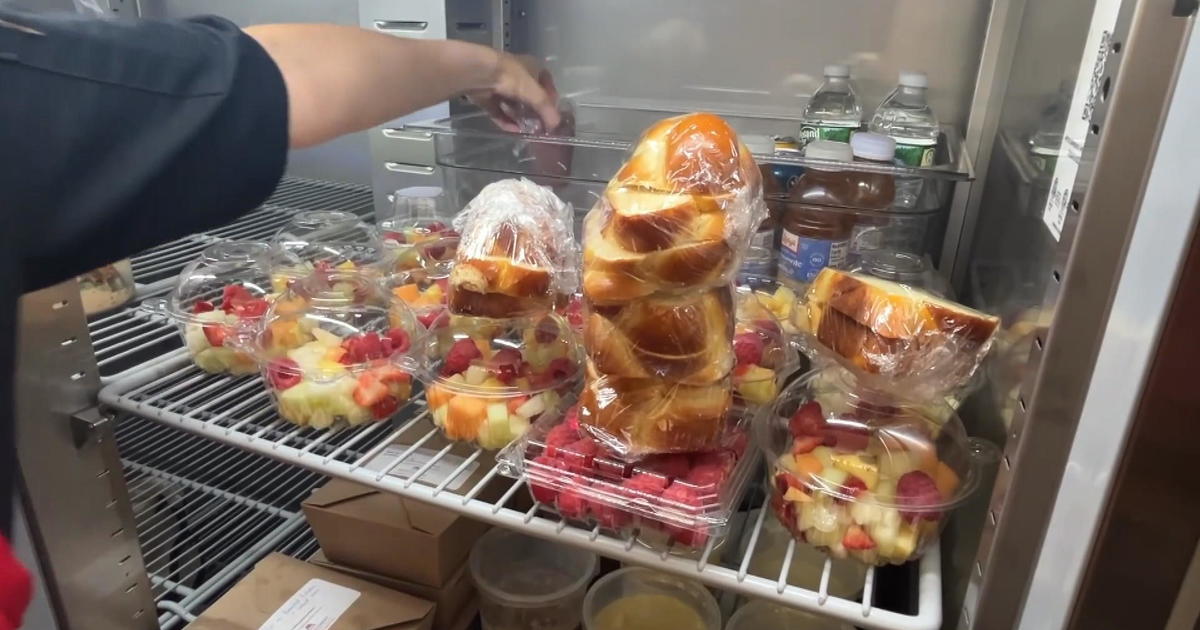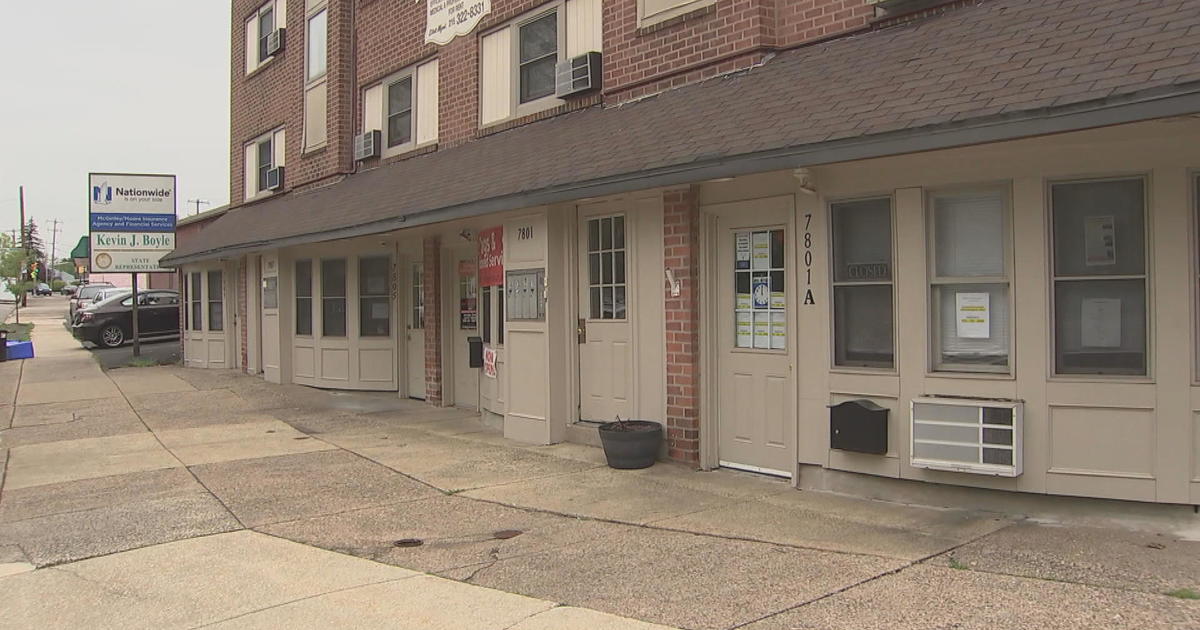How To Preserve Your Family's Food Supply Ahead Of A Coming Storm
 (Photo credit: Thinkstock)
(Photo credit: Thinkstock)
You've been tracking the weather report for days and know that a storm the size of Jupiter is heading towards your home. Whether it's a blizzard, summer thunderstorm or zombie apocalypse, your family is going to need to retain a sense of normalcy in order to feel calm and in control of the situation. Having a multifaceted safety plan is essential. A key part of that plan, and the subsequent sense of comfort it brings, is making sure your food supply is ample and secure so that no one goes hungry.
Make A List And Check It Twice – Create a list of food items you will need, based upon your family's tastes and eating habits. Items like almond milk, juice and protein drinks can be purchased in air-tight boxes which require no refrigeration. Canned foods that are low in sodium are good choices, as are packages of dried fruit and cereal. Stock up enough food and water to sustain your family and pets for a solid two weeks. If you traditionally maintain a disaster kit, swap out provisions annually with new products and donate the old stuff to a food drive each December, so your food supply is always fresh and safe.
Keep It Closed – If you have food in your freezer you wish to keep cold in case of a power outage, stock your freezer full of ice, situate bags of frozen water around your food and keep the door closed. The fuller your freezer, the longer it will take before things start to thaw. Federal food safety standards assert that food in the refrigerator is safe if kept at 40 degrees Fahrenheit or lower or 0 degrees in the freezer. Make sure both your fridge and freezer have separate, reliable appliance thermometers so you can get an accurate reading of their internal temperatures. Freezers will keep food cold for around two days but refrigerators will start to lose their cooling power in approximately four hours after the power goes off. If the power is going to be out for an extended period of time, using block or dry ice will help sustain a cold temperature inside of the freezer, but make sure that raw foods like meat or chicken do not drip onto other foods in the event that they begin to thaw.
Better Safe Than Sorry – Once the power comes back on, examine each item of food individually. Anything that has an odd or sour smell, is warm to the touch or appears to have semi-thawed should be disposed of, as they may no longer be safe to eat. Even a tiny taste of food that has turned can get you sick, so avoid taste testing items to determine their freshness. The old adage holds true: when in doubt, throw it out.
Circumvent the Situation – Home generators produce standby power, keeping your electricity on in the event of a municipal power shortage. Since no fueling is required, generators come on automatically, so keeping food fresh is no longer a problem. Many homes have more than one refrigerator stocked at a time, representing significant cash outlay. Home generators, despite their initial cost, can help families save money on food waste in the event of severe weather conditions or any type of power outage.
![]()
Corey Whelan is a freelance writer in New York. Her work can be found at Examiner.com.
![]()
![]()
![]()
Learn more by visiting CBS Philly's Storm Prep section




